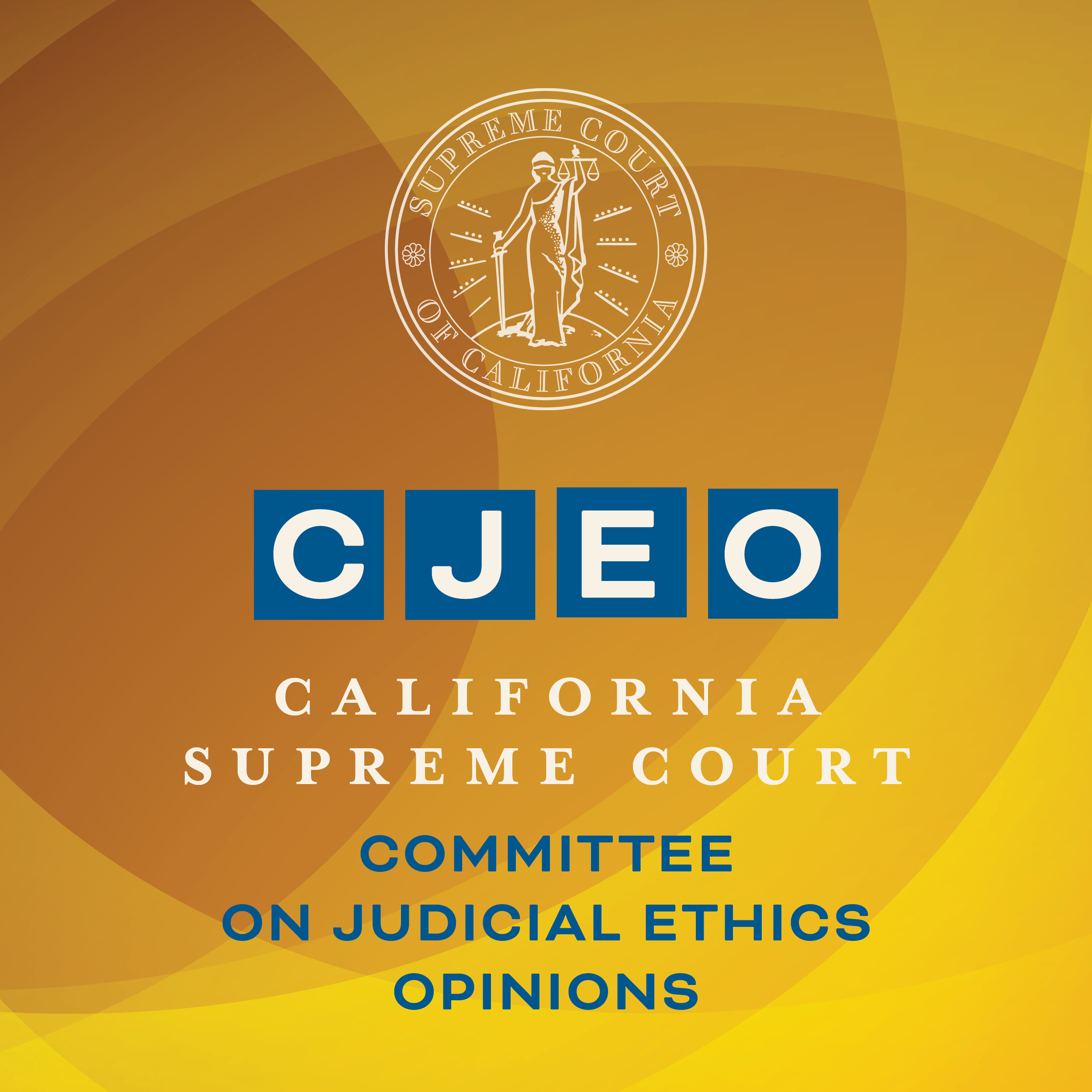Ethics Committee Adopts Opinion on Giving Attorney Feedback
The California Supreme Court Committee on Judicial Ethics Opinions (CJEO) adopted a final opinion after considering public comments about whether judges may provide feedback on courtroom performance when requested by attorneys or their supervisors.
In the formal opinion, the committee concludes the Code of Judicial Ethics does not specifically prohibit providing feedback to appearing attorneys, but judges must keep several restrictions and ethical risks in mind.
In CJEO Formal Opinion 2021-018, the committee advises that judges choosing to provide feedback on courtroom performance must not:
• engage in prohibited ex parte communications;
• make a public comment on a pending proceeding or nonpublic comment that may interfere with a fair trial or hearing;
• create an appearance of favor or bias;
• suggest that anyone is in a special position to influence the judicial officer; or
• engage in coaching by advising on tactics or strategies that give one side an advantage in litigation or by providing legal advice.
This means judges must not comment on pending matters until final resolution of all possible appeals, the committee said. Judges choosing to provide feedback must also ensure the feedback is neutral, not exhibit favoritism, and make themselves equally available to attorneys representing various interests or viewpoints. The committee strongly cautions judges not to provide feedback in the context of employment evaluations, as it may suggest a special relationship with a particular law office and could make the judge a witness in an employment dispute. Finally, the committee warns against “coaching,” or conduct that would give an attorney an advantage.
“By adopting this final opinion, the committee aims
to provide clear guidance on the ethical constraints to providing feedback on attorney courtroom performance. The committee is grateful to the members of the public and the bench for their thoughtful comments, which strengthened and enhanced the committee’s opinion,” said committee member Justice Judith Haller of the Fourth District Court of Appeal.
Based on the comments received, the committee modified the draft opinion to more strongly and clearly define the ethical risks involved in providing feedback; address specific concerns when providing feedback to supervisors; provide additional examples of relevant disciplinary decisions; and distinguish situations where judges are permitted to ensure the competency of attorneys, such as in the juvenile court context.
About the Committee on Judicial Ethics Opinions (CJEO)
The Committee on Judicial Ethics Opinions is a 12-member advisory committee that includes appellate justices, trial court judges, a retired judge, and a commissioner. The committee is appointed and authorized by the California Supreme Court, but its work is independent of the court, the Judicial Council, and all other entities. Its opinions are advisory and do not necessarily reflect the views of the California Supreme Court or any other entity.
The committee issues formal, informal, and expedited advisory opinions on proper judicial conduct pursuant to the California Code of Judicial Ethics and other authorities. CJEO posts its opinions on the CJEO website for the benefit of the bench and the public.


